
The Impact of Eating Disorders on Athletic Performance
Athletes often experience temporary results from disordered behaviors like restrictive dieting and over-training/exercising. Although it can be difficult for an athlete to step away from their sport, pursuing treatment increases their likelihood of safely returning—and can be lifesaving. Coaches, parents, teammates, and providers have a critical role in ensuring athletes are prioritized over the sport. Understanding the risks athletes face is key to providing preventative support.

Mood Momentum, Building Mastery, and the Art of Getting Things Done
Two weeks ago, I wanted to watch college basketball and not work on necessary tasks. It’s March, my favorite month of the year. The weather is getting nicer, the sun is shining, and Madness is coming. Usually, I’m on top of it. On this particular weekend, I wanted to watch all of my favorite teams, and I was behind on the games for the week. So I sat there, petting my dog, and watched. I didn’t really enjoy it, because I was thinking about getting the tasks completed, but I sat there anyway. There were some plays that really got me excited, and it wasn’t the same as usual. The more that I sat there, the more I thought about the need to get it done (and the more guilty I felt for not doing it). It was extremely difficult to get started.
Does this sound familiar, especially this time of year when the projects seem to be piling up? Then this blog post is for you. I thrive in an environment where the train keeps moving, so to speak. These concepts help me to get there, and I hope they do the same for you.
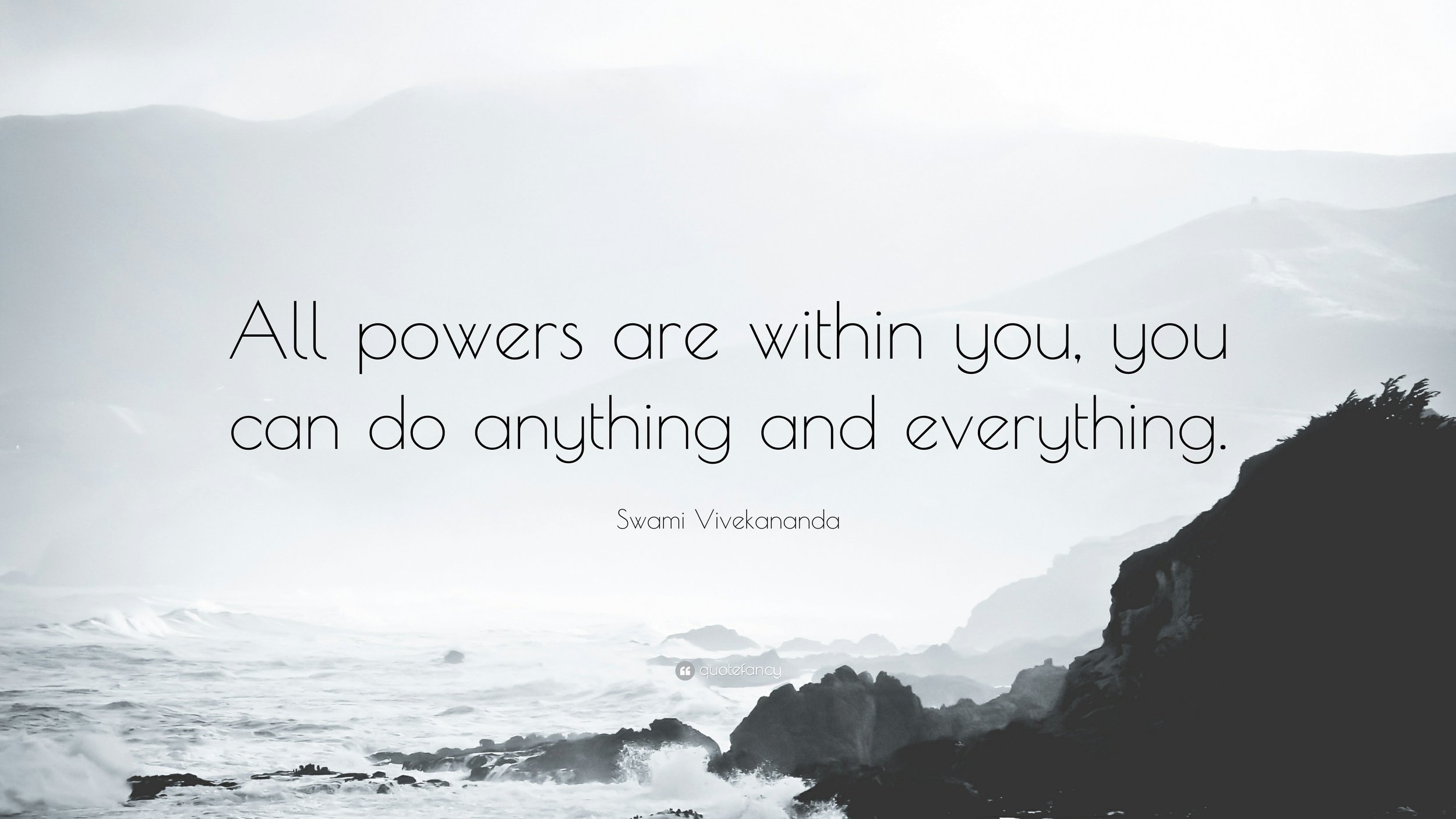
I’m Tired - Help!
Tired is a word that can mean so many things. We use this word to mean in need of sleep, finished exercising, or even annoyed with a situation (i.e. “I’m tired of this”). You can be multiple kinds of tired at once, and they often overlap. We can be emotionally, spiritually, or physically tired. When someone says that they are tired, the advice is usually to rest. However, rest can look different depending on what kind of tiredness you are experiencing. If you are resting for a kind of tiredness that you are not feeling, the feeling will not go away. Seems pretty straightforward!

How to Stay Informed Without Becoming Overwhelmed
Many, if not every therapist and therapy client are currently facing some version of the question: “How can I stay informed without being constantly overwhelmed by the news cycle?” The answer to this question is specific to each individual, but there are a number of suggestions to help form your own answer to this question. Examining your relationship with news and media consumption is worth doing, especially if you’re finding it hard not to become overwhelmed, despairing, anxious, and angry when checking the news. The most recent American Psychological Association’s Stress in America™ poll shows that political and economic stressors are the highest sources of stress in adult Americans in 2024. The following 6 tips may help you fix your relationship with news consumption.

How Body Image Impacts Mental Health: Coping With the Ongoing Nature of Body Image Struggles
Body image isn’t just looking at yourself in the mirror to check on your outfit. It’s about the feelings you have about your body. These feelings can be about your height, shape, weight or how your body moves, as well as how your clothes feel on your body. The feelings can be about your body in the present – like when you’re looking in the mirror – or as you think about your body in the present, past or future. How we talk about our physical selves – our internal voice and monologue – is our body image. This blog will go into more detail about the different kinds of body image we have, as well as ways to better understand them.
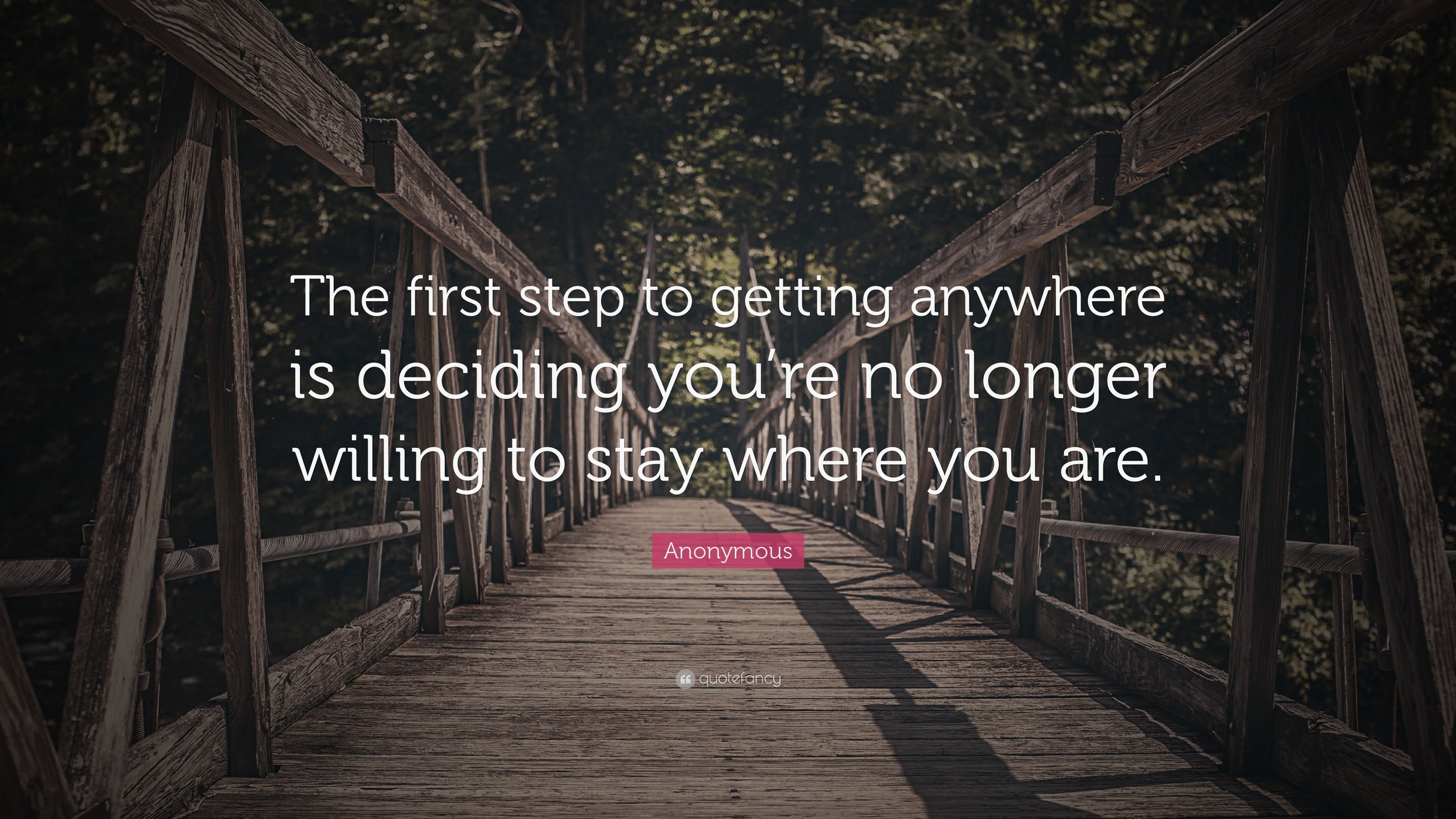
Financial Stress
Many people are currently or in the past experienced a wide range of financial stressors, from being between jobs, having debt (student loans, mortgages, car payments, credit cards), or simply struggling to keep up with the ever-increasing cost of living. Financial struggles are real, and have real impacts on mental health. Day-to-day life can feel like a nightmare when you’re unsure if you can pay the bills, afford groceries, or be prepared for life’s emergencies.

How to Romanticize Your Life: Investing in Yourself and Your Relationships
With it being February, there is a lot of focus on relationships and companionship. There is a primary focus on romantic relationships. However, I want to challenge you to tap into another very important relationship: the relationship you have with yourself. Whether you are single or in a relationship, it is important to maintain a healthy balance between focusing on yourself, growing as a person, and building strong relationships with friends, family, and your community. While some people may associate solo time with being lonely, the truth is that it is a time full of exciting opportunities. When you invest in yourself and your connections with others, life can feel rich and full of joy.

Valentine’s Day Expectations
With relationships come expectations. Having a partner or dating more casually sometimes creates a need for certain types of celebrations or recognition of your relationship, either publicly or privately. With the amount of time we spend on social media, our feeds become nothing but photos of flowers, cards, and gifts that people have received from their Valentine and just cannot wait to show off. No matter if you are single, dating, engaged, married, uncertain, or none of the above, Valentine’s Day can create unnecessary stress and anxiety.
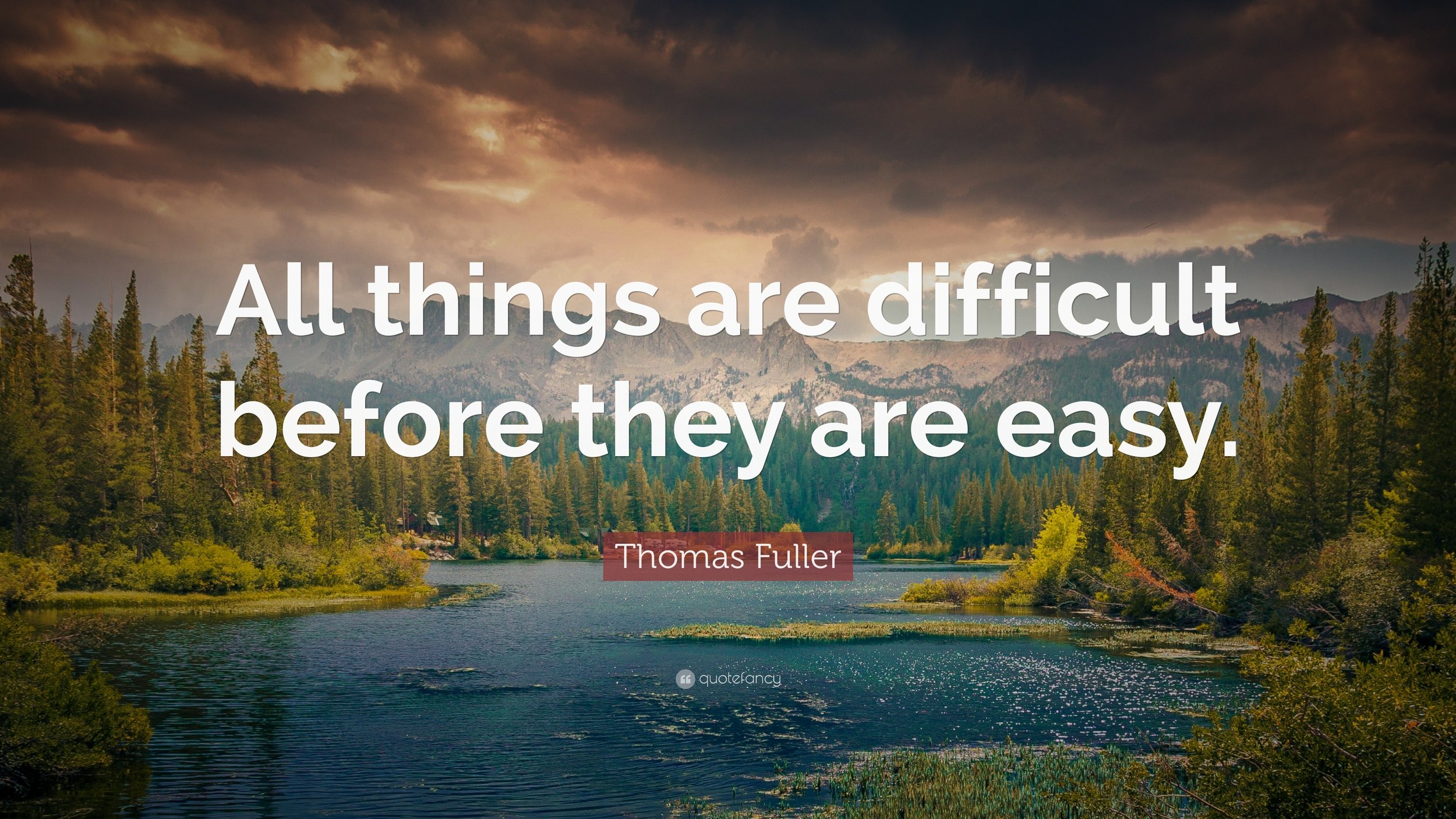
When Anxiety Comes Out Sideways
Oftentimes, when dealing with kids, teens and even some adults, anxiety doesn’t present itself as them saying “I feel worried” but, instead, as behaviors. These behaviors may include yelling, hitting, crying, kicking, and shoving. They may refuse to do what they have been asked, attempt to control the situation, or ask questions. Physical symptoms may include headaches, stomach aches, difficulty sleeping and isolating themselves. When working with an anxious child, it is important to see these behaviors as what they are: a form of communication. Something has happened that has made your child’s brain feel threatened or unsafe and now the amygdala has taken over.

What Parents Should Expect of Their Child’s Therapy
Your child needs therapy, and you aren’t sure what to expect. Maybe you’ve never personally been to therapy, or maybe you had a negative experience with it, and you’re not sure what it will be like for your child. You are understandably uncertain and may be apprehensive about bringing your child to a new therapist. You’re more familiar with the dynamics of parent-teacher conferences or sitting in on your child’s doctor’s appointments. Therapy is unique in a lot of ways, especially concerning the treatment of your child’s mental health. This post outlines some things you can expect to experience when you take your child to meet with a therapist.

New Year's Resolutions (That Have Nothing To Do With Weight Loss)
As we enter 2025, resolution season is upon us (or happening). From social media, media ads, pop-ups, news reports, and people we engage with daily, we are sure to hear about resolutions. About half of adults in the US will make a New Year's resolution this January, but very few people will be able to see those resolutions through. One study found that only 4% of those people will achieve their goals. There is a lot to unpack here, but first, what are people's most common goals?
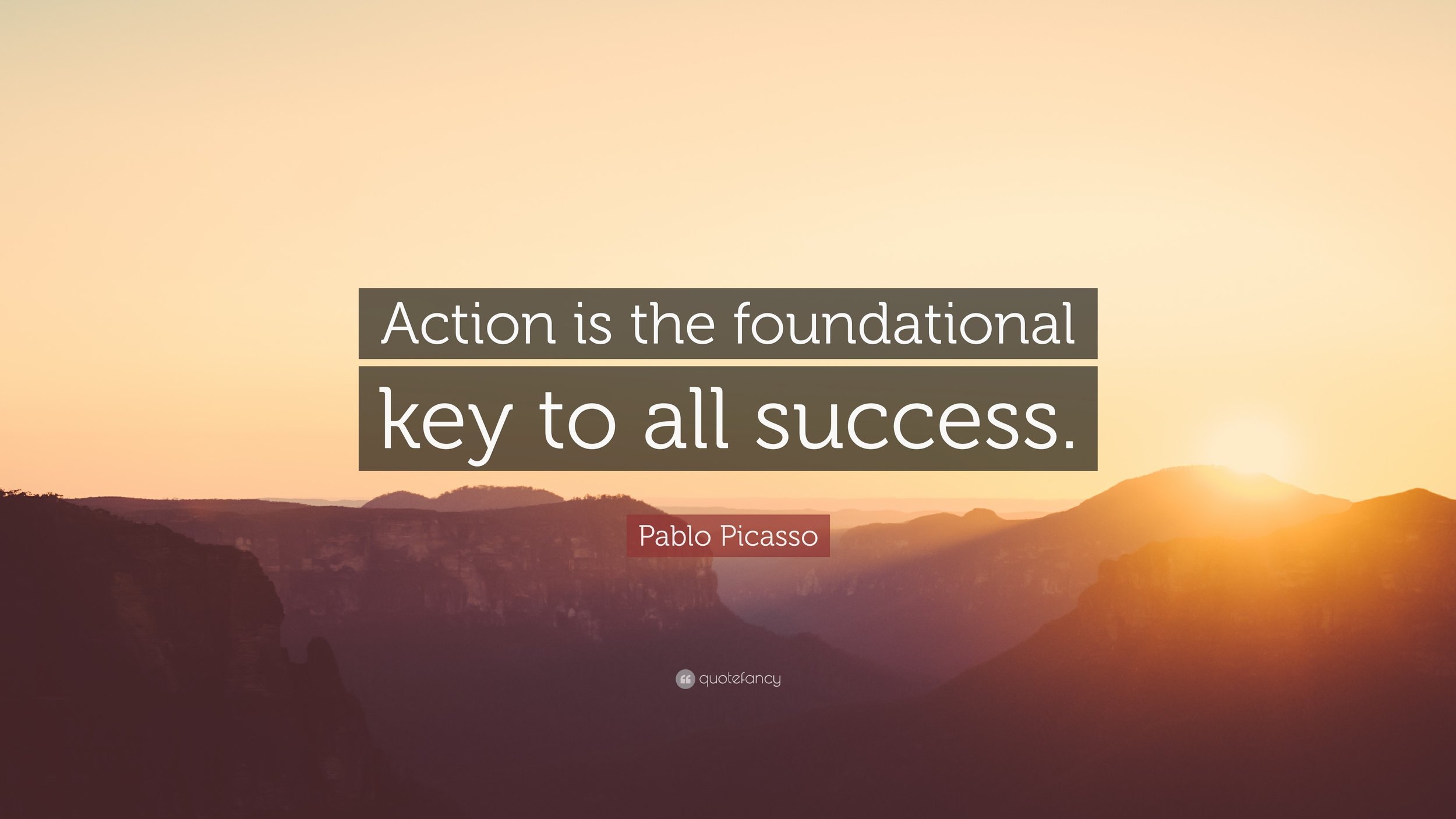
Talking to Teens About Mental Health
Ask questions. It is okay to be direct when it comes to checking in with mental health, it sends a message you take this topic seriously. It is also okay to bring mental health up in a roundabout way. You can bring up an article you recently read or discuss well-known individuals such as Simone Biles and Harry Miller who are making their mental health a priority.

Time Outdoors and Your Mental Health
A study of 20,000 people in 2019 found that those who spent at lease 2 hours total per week outside in green spaces reported feeling healthy and a strong sense of well-being, across ethnicity, class, age, and abilities. Looking at nature or listening to natural sounds can help energize a tired brain in the middle of repetitive tasks.

“Can You Just Tell Me What To Do?”
Therapists can at times be viewed through an “all-knowing” lens, but the reality is that we very rarely have “the answer”. Your therapist cannot “just tell you what to do” because answering that question for you takes away an opportunity for growth and self-determination.

Is Therapy Right For You?
Anyone can benefit from therapy if they want to work on themselves. Therapy allows for a safe space to talk about feelings and experiences, and learn new ways to cope with stressful things in life. Recently, going to therapy seems to be something everyone is doing. In spite of this, there is still a stigma associated with getting any kind of treatment for mental health. So how do you know if therapy is the right move for you?

First Responders Need Support, Too
We often look at physical health and mental health as different, but they are not. If you break your arm, you go to the doctor and eventually heal. If you suffer from PTSD, depression, anxiety, or any other mental health issue, you may suffer in silence, have feelings of shame or guilt, and not seek help due to fear and/or the stigma.

Where Did You Get That Idea?
We often repeat those phrases so frequently that we forget where we first heard them, but we probably have examples of situations in our lives that “prove” the idea. These phrases are often harmless and the reason they are well-known is probably because they do hold true in many cases. The problem is that when we have held onto an idea like these for so long, we sometimes forget to question whether or not it remains true for us any longer or whether or not it applies to our current situation.

Tips to Manage a Mental Health Crisis
If you are feeling as though you are in crisis, either you are concerned that you are having thoughts of harming or killing yourself, or are feeling out of control emotionally, the most important thing you can do is to tell someone. This can be done over the phone or in person. If you don’t have a support person you can contact, call a crisis line. Having a therapist can help to develop long term ways of coping so that crises happen less frequently.
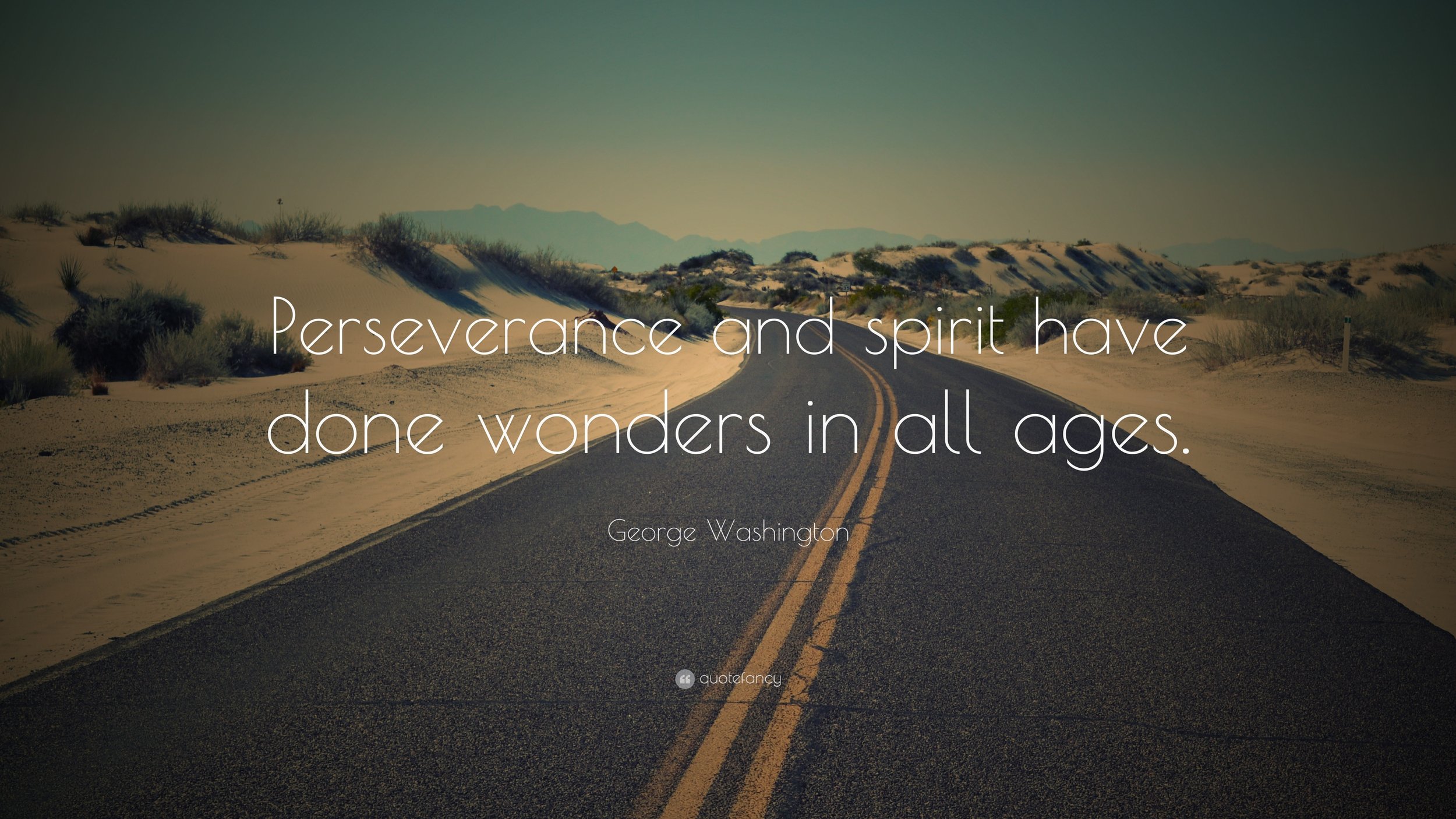
How to Cope with Anxiety Caused by Things Out of Your Control
While we can't necessarily stop our brains from perceiving “things that are out of our control” as danger that will trigger anxiety, we can control our responses once anxiety shows up and we can also retrain our brains to not perceive a lack of control as anxiety.
